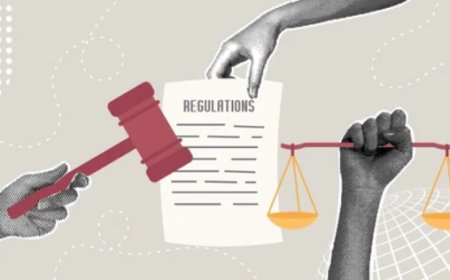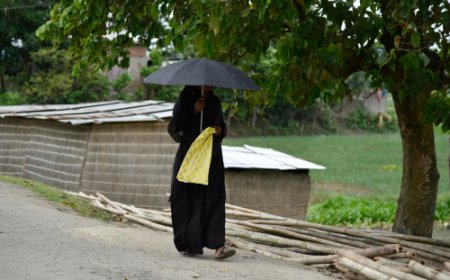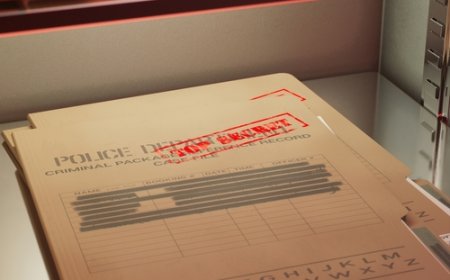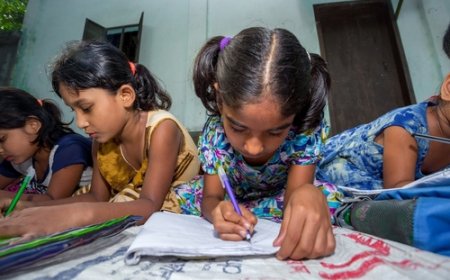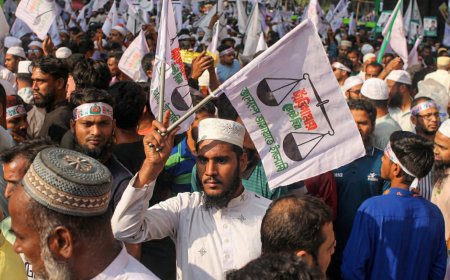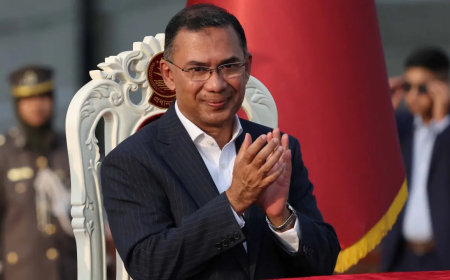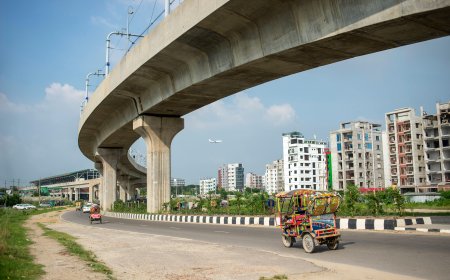A Proposal to Realize Expatriate Voting Rights
Instead of asking expats to vote in their "home constituencies," we should have overseas constituencies and overseas MPs. That way the expats can be represented in Parliament by someone who can address their immediate concerns.

Roughly 7.5 million Bangladeshis, or about 4.25% of the country’s population, live outside of its borders. Their toil sustains countless dreams of their kith and kin back home. Indeed, their remittances contribute roughly 6% of the country’s GDP. Our foreign currency reserves float on their blood, sweat and tears.
This population shares in the struggles and hopes of their nation, as was manifest last July, in the withholding of remittances, the activation of networks to urge the eyes of the world on Dhaka, and the unabashed enthusiasm and pride with which the new beginning was greeted in Bangladeshi homes all over the world. Yet, our expatriate workers remain disenfranchised -- notwithstanding their constitutional right to vote.
The Interim Government and the Election Commission should be commended for proposing to correct this omission. It has indicated that expatriates with valid NIDs would be able to register to vote in the upcoming 13th national parliamentary elections by mid-October. They have proposed an app being deployed to facilitate registration. Registered expatriates would then be able to vote through postal ballots.
Unfortunately, both the app and postal ballot are untested. We have less than 6 months till the elections (assuming that February 2026 timeline holds). Typically, an app or a complicated system rolled out globally would require multiple rounds of “beta” testing and training of the administrators of that system. Unfortunately, such a roll-out would be considered an overly ambitious timeline for adequate testing and training, even for most well-oiled organizations. The stakes are simply too high for a system malfunction.
It has also been proposed that the postal ballots would not carry any candidates’ names -- only symbols. But how are voters expected to make their way through a forest of symbols (many of which might not be applicable to their respective constituencies)?
Even if the administrative and technical hurdles presented by the current proposal could be surmounted, one must ask if it would be able to overcome the challenge of credibility in the low trust environment in which we find ourselves operating. One can predict that the next sore loser will challenge the validity of the elections because they claim the chain of custody of postal ballots to be suspect.
The current proposal also fails to guarantee the secrecy of the ballot, and therefore, the safety of the voter. As proposed, expatriate voters would be matched to their respective “home” constituencies in Bangladesh. But the very act of matching ballots to constituencies is likely to be revealing of the identities of the voters. The ballot (or at least the envelop that carries it) would necessarily need to include some identifying information for either the Election Commission or the Postal Services to confirm its validity, and to count the vote toward the correct constituency’s tally. How will the privacy of that identifying information be protected? Even if such privacy protections could be guaranteed, voters are still susceptible to being matched with their votes. For example, if we know that only one person from Satkhira-2 lives in Oman, and we know that Party X received one vote in Satkhira-2 from Oman, then anyone can guess the identity of the voter and know who they voted for.
The overall approach on how to roll out the franchise to the expatriate population needs to be rethought then. We want a system that will be fairly simple to administer, that does not rely upon untested tools like apps and postal ballots that are rolled out hurriedly. We want a credible system, where the chain of custody can be monitored and audited, where the secrecy of the ballot is not in doubt.
Fortunately, there is a ready alternative that meets all of these criteria. It is a system that we are already familiar with in our election system within Bangladesh.
It is useful here to go back to first principles. The goal of a democratic election is to select the citizens’ representatives, with the hope that such representatives will be accountable and responsive. The fundamental flaw in the Election Commission’s approach is the assumption that that the most appropriate elected representative of an expatriate living and working in a foreign land will be the MP from their “home” constituency “where they have previously lived or where they still maintained ancestral property” (to quote the Voter List Ordinance of 2007). Ostensibly such MP would be cognizant of (and ideally, responsive to) that expatriate voter’s needs, just as he or she would be of that expatriate’s family members voting back “home.”
But the needs of the expatriate worker are not always identical to (or even aligned with) the needs of their family members. Our expatriate workers often grapple with immediate worries that are different from those of their family members. Do they have a representative advocating for their visas to be renewed easily, for travel and remittances to be cost-effective, for labor laws to be applied to their contracts fairly, for abuses to be redressed? It is not uncommon for expatriates to shy away from burdening their families with such concerns -- after all, are separation and distance not unbearable for loved ones already? How then is their local MP supposed to recognize and be responsive to their needs?
Given the number of expatriate workers living abroad, and in recognition of their very real contributions to the country’s economic well-being as well as the particular challenges they face, there should be a number of constituencies (commensurate with the number of registered expatriate voters) crafted for those residing outside of the geographical boundaries of Bangladesh. The constituencies could be based on geography -- as our workers in different locations likely face different challenges. Campaigning across national boundaries can hardly be expected to be constrained, in this day and age of social media, whatsapp, and webcasts.
The alternative approach proposed here would also have the benefit of addressing the administrative and technical headaches presented by the Election Commission’s current proposal described above. Voting using secret ballots could take place within our consulates, using physical ballot boxes whose chain of custody can be monitored and audited, as within Bangladesh. Where necessary, the cooperation of host countries can also be solicited to open up further voting locations and to facilitate logistics. This will not be an untested system -- we already have experience with it within the country.
The right to vote is fundamental to our national character as a democratic republic -- and unfortunately this essential right has not been taken seriously for far too long. The Interim Government and Election Commission have taken the praiseworthy initiative of establishing this basic right for our expatriates. Fortunately, there is a realistic path to realizing it, but it will require the Election Commission to return to the drawing board on its approach along the lines outlined here.
What's Your Reaction?







